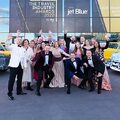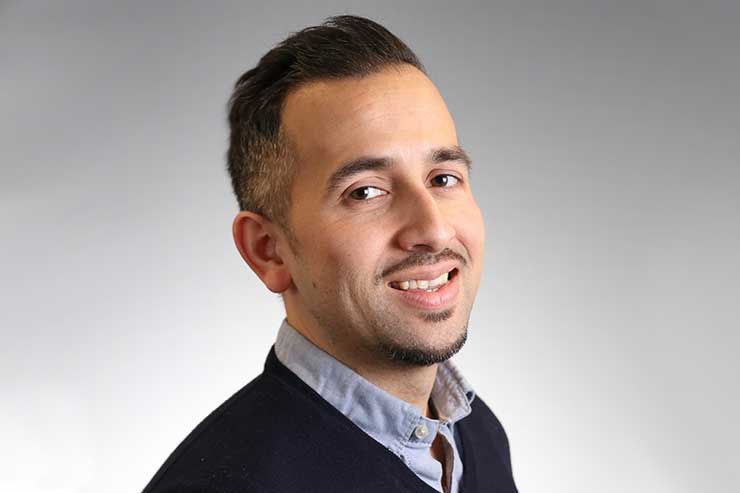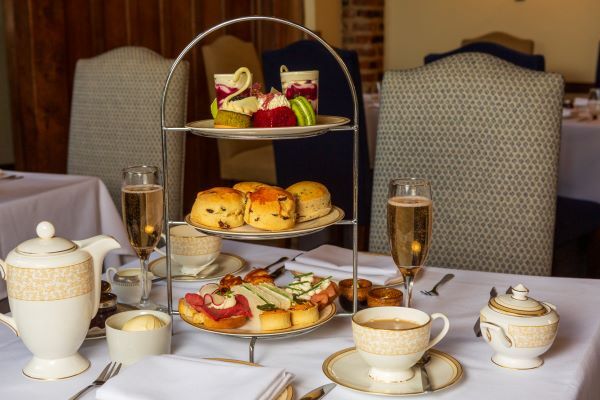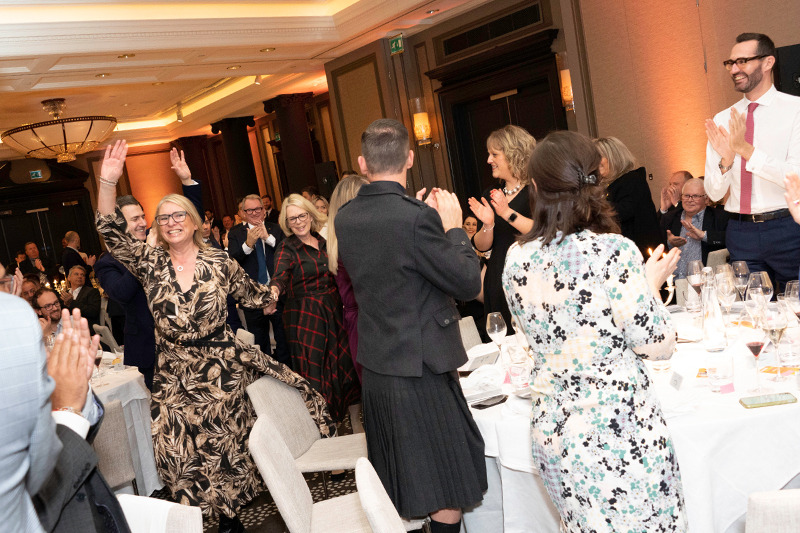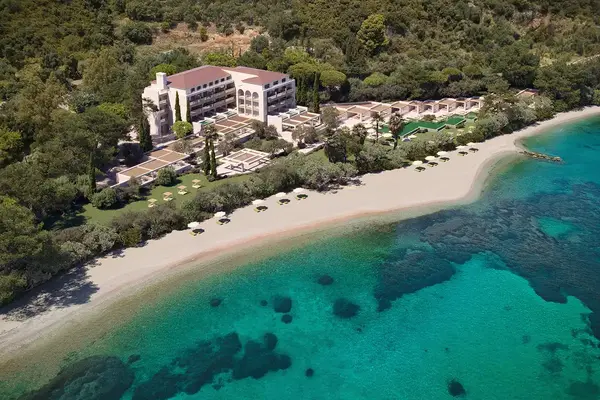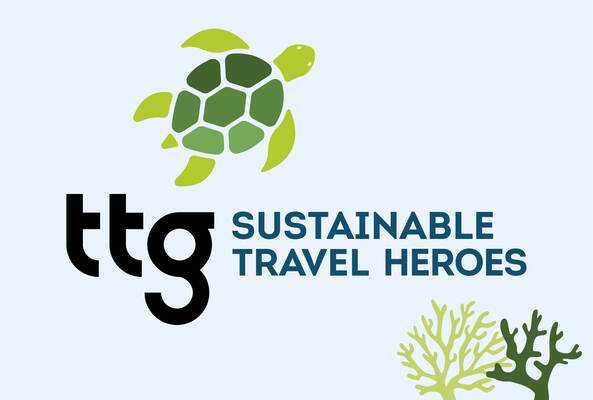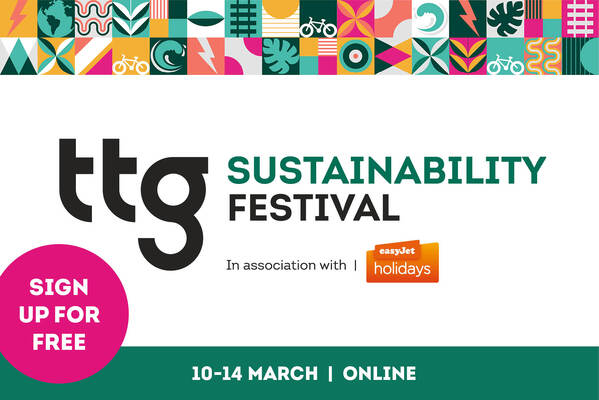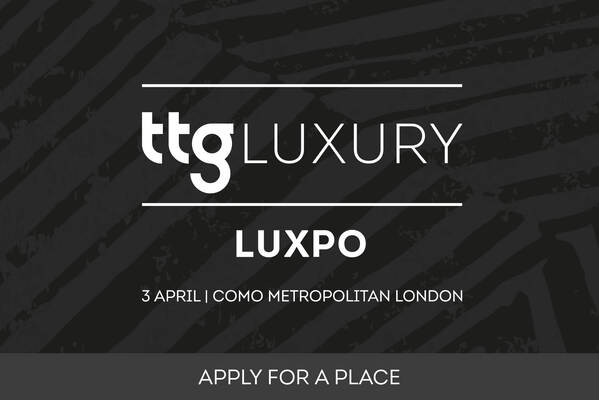Mind your language to help ensure marketing success
Brands should consider changing their language in marketing, even avoiding the word “luxury” as the market becomes more saturated and what people search for becomes more nuanced.
“Searches for ‘luxury holidays’ are showing a decline, but at the same time, anyone can now claim luxury or premium in some way, and more brands are prioritising a luxury focus and gaining traffic over original luxury brands,” Jasman Ahmad, planning director at Accord, told delegates. “Search behaviour is changing – it’s more around words such as ‘bespoke’, ‘experiences’, ‘retreats’, ‘boutique’ and ‘exclusive.”
Ahmad used the example of Airbnb as a “challenger” that had entered the premium market with the launch of Plus and Beyond, but avoiding using the word “luxury”.
“They talk about ‘beautiful homes’, ‘attention to detail’ and ‘custom experiences’, rather than luxury,” said Ahmad. “If you’re truly luxury, you probably don’t need to say it.”
Brands were also increasingly looking towards longer-term planning, Ahmad said. “All the focus has been on quick-fix, short-run digital activity, but we see companies believing that you need to play the longer game with brand-building activity – keep your voice heard when others might be pulling out and don’t just focus on January and September campaigns.”
Considering TV was also now a realistic option for luxury travel brands, said Ahmad. “With things such as Sky AdSmart, luxury brands can focus on a specific audience – Silversea was able to run its first-ever TV advert on Sky in February using this platform.”
